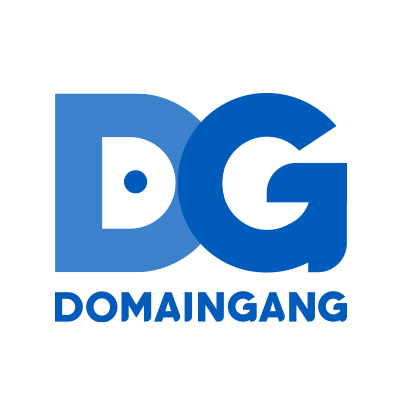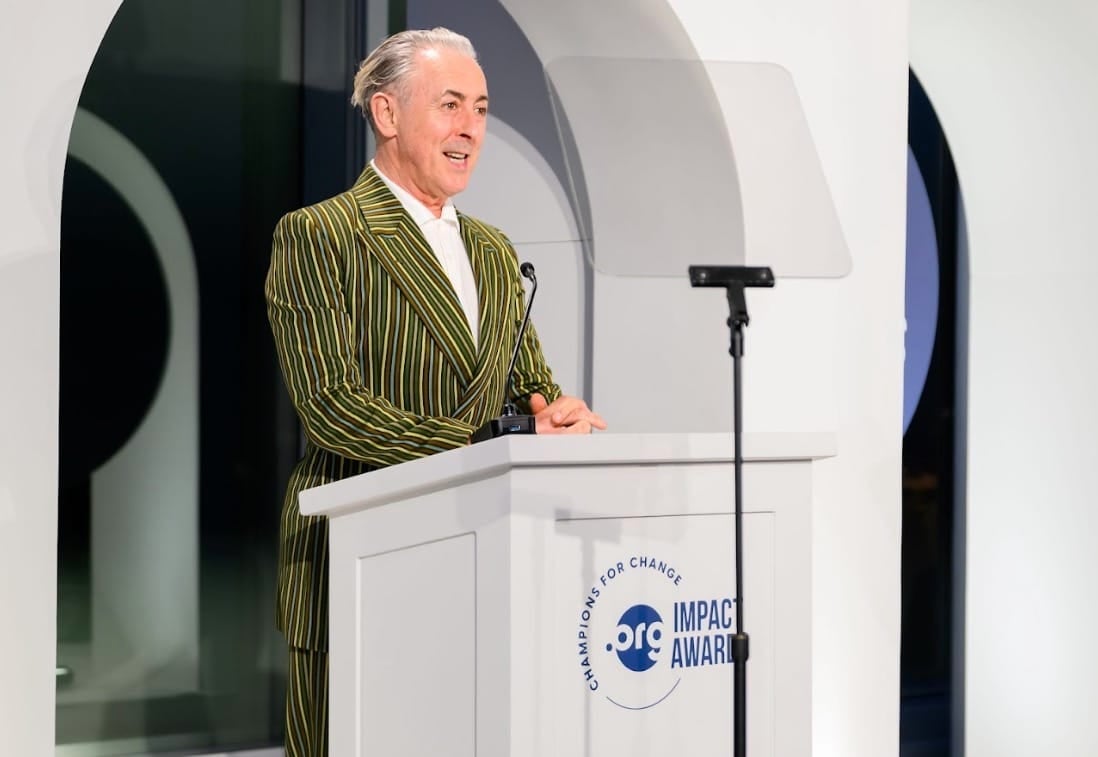YOUR AD HERE
The Korean registrant of the domain Afer.com stated that the word means “African” in Latin.
A French company, Association Francaise d’Epargne et de Retraite (AFER), claimed rights to the AFER brand and mark, stating that it was established in 1996. It filed a UDRP to usurp the domain from its registrant; the Complainant registered Afer.fr in 2000.
Meanwhile, the disputed domain name was registered on August 5, 2001, and as of the date of filing of the Complaint, resolved to a domain parking website displaying links to various goods and services under categories such as “Voyages”, “Finance”, “Immobilier”, and “Assurance”, meaning travel, finance, real estate, and insurance in English.
The sole panelist at the WIPO accepted the Latin root of the word and noted that at the time of the domain’s registration the Complainant’s mark was not known worldwide, particularly in South Korea where they reside; AFER appears to be a generic four letter acronym that can match several existing entities globally.
Final decision: Deny the transfer of the domain Afer.com to the Complainant.
ARBITRATION AND MEDIATION CENTER – ADMINISTRATIVE PANEL DECISION
Association Francaise d’Epargne et de Retraite (AFER) v. Afer
Case No. D2024-3530
1. The Parties
The Complainant is Association Francaise d’Epargne et de Retraite (AFER), France, represented by ARDAN, France.
The Respondent is Afer, Republic of Korea.
2. The Domain Name and Registrar
The disputed domain name afer.com is registered with Megazone Corp., dba HOSTING.KR (the “Registrar”).
3. Procedural History
The Complaint was filed with the WIPO Arbitration and Mediation Center (the “Center”) on August 30, 2024. On September 2, 2024, the Center transmitted by email to the Registrar a request for registrar verification in connection with the disputed domain name. On September 3, 2024, the Registrar transmitted by email to the Center its verification response disclosing registrant and contact information for the disputed domain name which differed from the named Respondent (Cho Buyng Lyul) and contact information in the Complaint. The Center sent an email communication to the Complainant on September 3, 2024, providing the registrant and contact information disclosed by the Registrar, and inviting the Complainant to submit an amendment to the Complaint. The Complainant filed an amended Complaint on September 8, 2024.
On September 3, 2024, the Center informed the Parties in Korean and English, that the language of the registration agreement for the disputed domain name is Korean. On September 8, 2024, the Complainant requested English to be the language of the proceeding. The Respondent objected to the Complainant’s request.
The Center verified that the Complaint together with the amended Complaint satisfied the formal requirements of the Uniform Domain Name Dispute Resolution Policy (the “Policy” or “UDRP”), the Rules for Uniform Domain Name Dispute Resolution Policy (the “Rules”), and the WIPO Supplemental Rules for Uniform Domain Name Dispute Resolution Policy (the “Supplemental Rules”).
In accordance with the Rules, paragraphs 2 and 4, the Center formally notified the Respondent of the Complaint, and the proceedings commenced on September 12, 2024. In accordance with the Rules, paragraph 5, the due date for Response was October 2, 2024. The Response was filed with the Center on September 30, 2024.
The Center appointed Kathryn Lee as the sole panelist in this matter on October 15, 2024. The Panel finds that it was properly constituted. The Panel has submitted the Statement of Acceptance and Declaration of Impartiality and Independence, as required by the Center to ensure compliance with the Rules, paragraph 7.
4. Factual Background
The Complainant is a French association which provides financial advisory services. It was established in 1976 and has more than 760,000 members representing EUR 55 billion in savings under management. It owns a number of trademark registrations for the mark AFER including European Union Trademark Registration Number 000395020 for the mark AFER and Design, filed on November 8, 1996 and registered on October 19, 1998. The Complainant is also the owner of the domain name afer.fr registered on August 17, 2000.
The Respondent appears to be an entity or individual with an address in the Republic of Korea.
The disputed domain name was registered on August 5, 2001, and as of the date of filing of the Complaint, resolved to a domain parking website displaying links to various goods and services under categories such as “Voyages”, “Finance”, “Immobilier”, and “Assurance”, meaning travel, finance, real estate, and insurance in English.
5. Parties’ Contentions
A. Complainant
The Complainant contends that it has satisfied each of the elements required under the Policy for a transfer of the disputed domain name.
Notably, the Complainant contends that the disputed domain name is identical to the text portion of the Complainant’s mark.
The Complainant also contends that the Respondent has no rights or legitimate interests in the disputed domain name and confirms that it has not authorized or licensed rights to the Respondent in any respect. The Complainant contends that the Respondent is not known by the name “afer” nor is using or preparing to use the disputed domain name in connection with a bona fide offering of goods or services. The Complainant also contends that the disputed domain name resolves to a parking page displaying links to services related to finance, wealth management, and life insurance, which are the very services of the Complainant, along with a for sale notice, and that such use do not represent legitimate interests on the part of the Respondent.
Finally, the Complainant contends that the disputed domain name was registered and used in bad faith. The Complainant contends that the Complainant and its trademarks have existed for more than 40 years and the Complainant is well-known as one of the leaders in the insurance and retirement sector, and that the Respondent used the disputed domain name to intentionally attempt to attract Internet users by creating a likelihood of confusion as to the source, sponsorship, affiliation, or endorsement of the Respondent’s website. The Complainant also contends that the pay-per-click links at the disputed domain name are the very services of the Complainant and that such use attracts Internet users for commercial gain by creating a likelihood of confusion with the Complainant’s trademark. The Complainant also contends that the Respondent is offering the disputed domain name for sale for USD 10,000 which is in excess of the directly related out of pocket costs of the disputed domain name, and that it amounts to use in bad faith as the Respondent is trying to capitalize on the goodwill of the Complainant’s trademark.
B. Respondent
The Respondent contends that the Complainant has not satisfied two of the elements required under the Policy for a transfer of the disputed domain name.
First, the Respondent contends that it has legitimate interests in the disputed domain name since it registered it with the purpose of selling it for a profit which is legal practice worldwide.
Further, the Respondent contends that it did not have any intent to register or use the Complainant’s trademark in bad faith, as the term “afer” means “African” in Latin, and further, is a four-letter term used by a number of organizations like American Foundation for Equal Rights and Asian Financial Engineering Research.
6. Discussion and Findings
Language of the Proceeding
The language of the Registration Agreement for the disputed domain name is English. Pursuant to the Rules, paragraph 11(a), in the absence of an agreement between the parties, or unless specified otherwise in the registration agreement, the language of the administrative proceeding shall be the language of the registration agreement.
The Complaint was filed in English. The Complainant requested that the language of the proceeding be English for several reasons, including the fact that the Complainant is unable to communicate in Korean, that preparing a translation of the Complaint would unfairly disadvantage and burden the Complainant and delay the proceedings, and that the website linked to the disputed domain name displays content in English.
The Respondent requested that the language of the proceeding be Korean since that is the language of the Registration Agreement.
In exercising its discretion to use a language other than that of the registration agreement, the Panel has to exercise such discretion judicially in the spirit of fairness and justice to both Parties, taking into account all relevant circumstances of the case, including matters such as the Parties’ ability to understand and use the proposed language, time and costs. See WIPO Overview of WIPO Panel Views on Selected UDRP Questions, Third Edition (“WIPO Overview 3.0”), section 4.5.1. Here, the Panel notes that the Complainant is based in France and the Respondent is based in the Republic of Korea, so English would appear to be a fair neutral language for rendering this decision. Further, the Respondent did submit a Response to the Complaint in the language of his choice which was taken into consideration by the Panel. And lastly, as of the date of the decision, the website linked to the disputed domain name displays content exclusively in English, and specifically, a statement from the seller: “The domain name means ‘African’ in Latin, which is why it appears in the scientific name for Aardvarks, as shown on my for-sale landing page. This domain name, in addition to .com, is a four-letter acronym used by many parties. (for instance: American Foundation for Equal Rights. Afer.org). Therefore, the domain name objectively has market value.” Based on this content, it appears that the Respondent would have sufficient knowledge of English to be able to understand the decision in English.
Having considered all the matters above, the Panel determines under paragraph 11(a) of the Rules that the language of the proceeding shall be English.
A. Identical or Confusingly Similar
It is well accepted that the first element functions primarily as a standing requirement. The standing (or threshold) test for confusing similarity involves a reasoned but relatively straightforward comparison between the Complainant’s trademark and the disputed domain name. WIPO Overview 3.0, section 1.7.
The Complainant has shown rights in respect of a trademark or service mark for the purposes of the Policy. WIPO Overview 3.0, section 1.2.1.
The entirety of the mark is reproduced within the disputed domain name. Accordingly, the disputed domain name is identical to the mark for the purposes of the Policy. WIPO Overview 3.0, section 1.7. Although the Complainant’s mark consists of the term “afer” along with a design, design elements are largely disregarded for purposes of assessing confusing similarity, except in limited circumstances such as when the design element comprises the dominant portion of the mark such that it overtakes the textual elements. Here, the disputed domain name corresponds to the text portion of the Complainant’s mark exactly and the design element can be disregarded from consideration since it constitutes a minor portion of the mark. WIPO Overview 3.0, section 1.10.
The Panel finds the first element of the Policy has been established.
B. Rights or Legitimate Interests
In light of the Panel’s finding in relation to the third element below, it is not necessary for the Panel to decide whether the Respondent has rights to or legitimate interests in the disputed domain name.
C. Registered and Used in Bad Faith
First of all, panels have found that the practice of registering a domain name for resale (including for a profit) does not by itself support a claim that the respondent registered the domain name in bad faith with the primary purpose of selling it to the trademark owner (or its competitor). WIPO Overview 3.0, section 3.1.1.
The Complainant claims that the Respondent registered the disputed domain name in bad faith targeting the Complainant and its AFER trademark, but the Respondent refutes this claim, and the Panel finds it difficult to reach this conclusion based on the evidence at hand.
It is true that the disputed domain name was registered after the Complainant commenced use of the name AFER and registered it as a trademark. But the Panel takes note of section 3.2.2 of the WIPO Overview 3.0 which states that where the Complainant’s mark is not inherently distinctive and it also corresponds to a dictionary term or is otherwise inherently attractive as a domain name (e.g., it is a short combination of letters), if a respondent can credibly show that the complainant’s mark has a limited reputation and is not known or accessible in the respondent’s location, panels may be reluctant to infer that a respondent knew or should have known that its registration would be identical or confusingly similar to a complainant’s mark. In this regard, evidence here shows that the Complainant appears to have limited reputation in the Republic of Korea where the Respondent is located; the Panel’s search for AFER for the ten-year period preceding the date of registration of the disputed domain name on Naver, a Korean Internet portal site, does not yield any results on the Complainant. In the meanwhile, the disputed domain name is a combination of just four letters which make it attractive in the domain name resale market and it is entirely possible for the Respondent to have come up with the term on his own. Based on the foregoing, the Panel is of the opinion that the Respondent more likely registered the disputed domain name based on its resale value as a four-letter word domain name, not based on its reference to the Complainant. (The organizations that the Respondent named in the Response, specifically, the American Foundation for Equal Rights and Asian Financial Engineering Research, appear to have come into existence after the registration of the disputed domain name, so they were not considered in the Panel’s analysis.) In light of the Panel’s finding on the issue of bad faith registration, it is not necessary for the Panel to rule on whether there was use of the disputed domain name in bad faith.
The Panel finds the third element of the Policy has not been established.
7. Decision
For the foregoing reasons, the Complaint is denied.
/Kathryn Lee/
Kathryn Lee
Sole Panelist
Date: October 29, 2024
Copyright © 2024 DomainGang.com · All Rights Reserved.
 2 days ago
1
2 days ago
1








 English (US) ·
English (US) ·